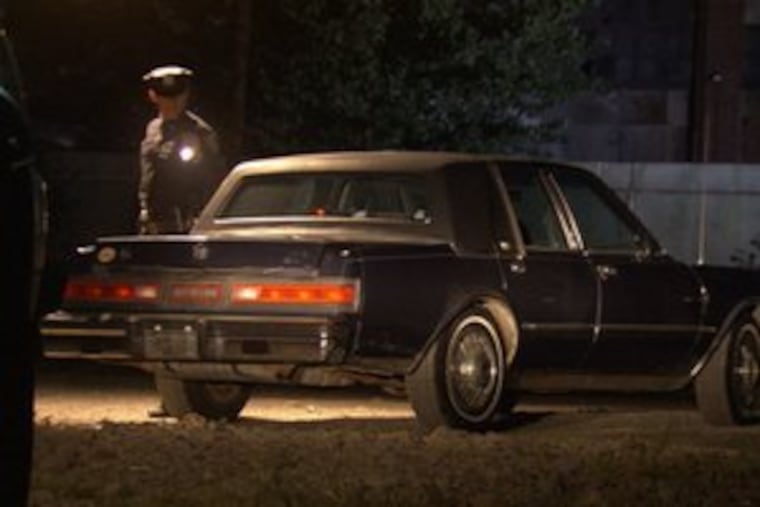'Philly Mob': A postmortem on a bloody war
The 47 bus moves slowly north on Ninth Street through the Italian Market, almost nudging the outdoor stands, avoiding people carrying shopping bags of peppers and pasta and coming oh-so-close to the trash cans filled with the refuse of the day.

The 47 bus moves slowly north on Ninth Street through the Italian Market, almost nudging the outdoor stands, avoiding people carrying shopping bags of peppers and pasta and coming oh-so-close to the trash cans filled with the refuse of the day.
Philly Mob is not nearly as careful, careening into the legs of the organized-crime world of South Philadelphia, looking closely at the body, and then conducting a viewing so all can see what happened.
The show on National Geographic Channel at 9 p.m. tomorrow, narrated by the gravelly voice of actor Anthony LaPaglia, tells the story of the crime violence in the 1980s and 1990s, pressing our faces to the bus windows and pulling us into the soullessness of our own mob war.
I grew up in the 1950s in South Philadelphia, where the three biggest institutions were the Catholic Church, the Mummers and the mob. South Philadelphia was, and still is, a collection of small neighborhoods. Mine was never touched by the mob, but everyone knew who the top mob guy was.
LaPaglia tells us of Angelo Bruno, the South Philly mob boss who took over in 1959 and who was more interested in making money than headlines. Bruno made much of that money in gambling and loan-sharking, not wanting any of his people to distribute or sell drugs - very much like the mob boss Don Vito Corleone in The Godfather.
And, as with Corleone, that's what got him in trouble.
Some of Bruno's own people wanted to get into the lucrative drug business. One of his own lieutenants ordered Bruno's killing in 1980, near his home on Snyder Avenue.
Helping tell the story is admitted mob hit-man Nick "The Crow" Caramandi, his face hidden by wrap-around sunglasses, a ball cap, and a darkened screen. Caramandi, a convicted extortionist who would testify against the mob in 1986, says of Bruno that Mafia life was quiet under him, with only "a murder here or there."
Caramandi is almost likable, but not so Ron Previte, a mob-member-turned-FBI-informer, who is malevolent as he explains his life of crime and how he informed on three former mob bosses. Also providing commentary are George Anastasia, a reporter for The Inquirer and an author of books about organized crime; Bruno lawyer Nicholas Nastasi; and several former FBI agents. They all explain that the mob war following the killing of Bruno was really two stories - one, the battle to replace him, and the other, the changing of the Mafia culture from the corporate-like leadership of Bruno to the routine violence of Nicky Scarfo to the publicity-seeking of crime boss Joey Merlino in the late 1980s and 1990s. One of the most chilling moments in Philly Mob comes when a Catholic schoolchild says to Merlino, "You're my idol."
Five bosses came after Bruno, and they are all either in prison or dead. The local Italian mob of my memory, the institution, is dead as well.
One programming note: This entertaining program about organized crime is being shown on the same day and time slot as another entertaining show about organized crime that might draw more viewers: Philly Mob runs opposite the first show of the final season of The Sopranos. It will then be repeated at midnight and other times (check your listings).